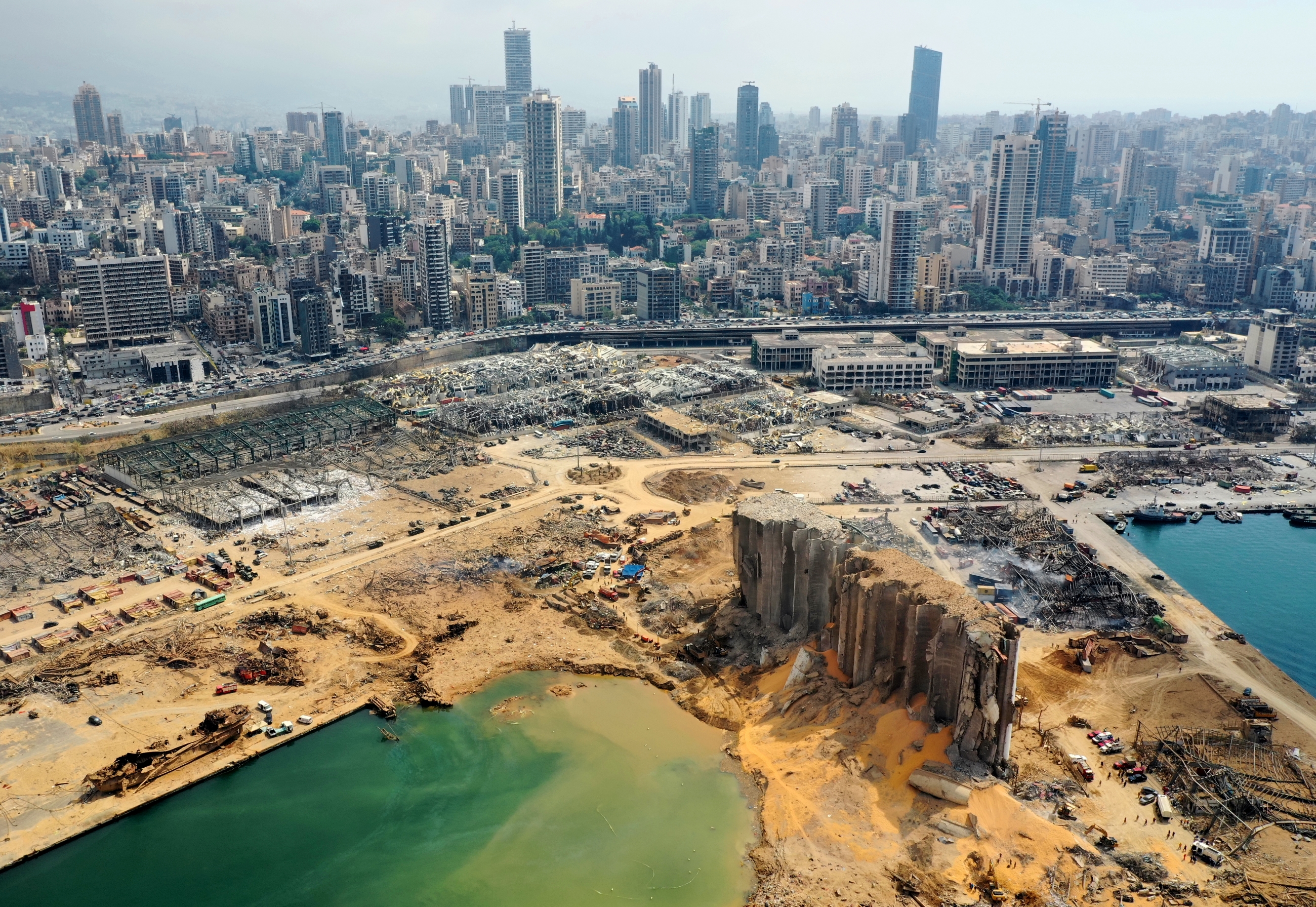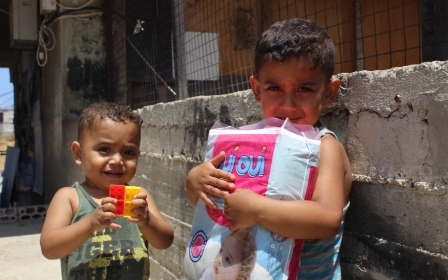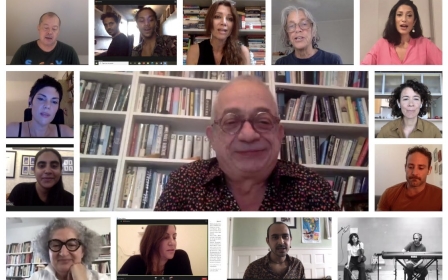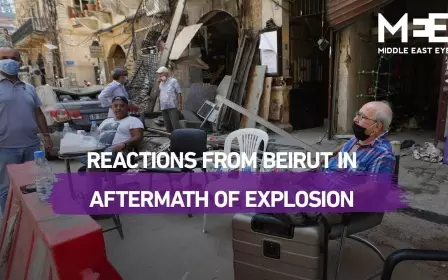Debris equivalent to weight of Eiffel Tower cleared from Beirut port

French and Lebanese soldiers have cleared 8,000 tonnes of steel and concrete from the port where the Beirut explosion took place, an officer said on Wednesday.
The explosion, which occured on 4 August, devastated entire parts of the city and left over 180 people dead, at least 6,000 wounded and around 300,000 displaced.
Clearing operations have so far focused on the port, the area most affected by the blast. The explosion created a 43-metre-deep crater and sent shockwaves several miles away. The blast was even felt on the island of Cyprus, 150km to the west.
The amount of debris, rubble and steel cleared amounted to the weight of the Eifell Tower, Lieutenant Paulin, a French officer coordinating clearing operations at the port, was quoted as saying by AFP.
“It took me four days to clear 8,000 tonnes of concrete and steel,” Paulin said.
Lebanon has suffered significantly as a result of the explosion, which has drastically reduced imports into the country.
Colonel Yusef Haidar, an official from the Lebanese army, said that the port was now operating at almost half of its capacity.
“Last week, it was 30 percent, today we’re talking around 45 percent,” he said during a news conference.
The blast also destroyed around 15,000 metric tonnes of wheat, which were stored at the port’s silos, further worsening the prospect of food insecurity in the country.
Lebanon relies on the port for around 90 percent of its imports. The port blast has exacerbated the country’s economic crisis, which has seen the currency lose 80 percent of its value and a rise in food prices.
The country’s second port, in Tripoli, 80km north of the capital, is significantly smaller than Beirut’s and will struggle to handle additional cargo volumes.
Last month, Save the Children warned that Lebanon’s financial crisis had pushed almost a million people to the brink, and that soaring food prices would be likely to cause children to die of starvation.
In the aftermath of the blast, residents and volunteers went out into the streets to clear debris amid an absence of state support.
Several countries have responded to the disaster by sending aid to Beirut, and a number of foreign aid organisations have started offering humanitarian assistance on the ground.
The devastating impacts of the blast have continued to fuel anger aimed at the country’s politicians, who many accuse of corruption and mismanagement.
Middle East Eye delivers independent and unrivalled coverage and analysis of the Middle East, North Africa and beyond. To learn more about republishing this content and the associated fees, please fill out this form. More about MEE can be found here.





